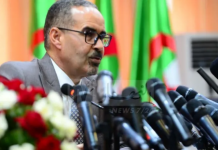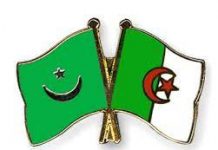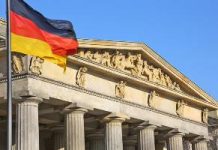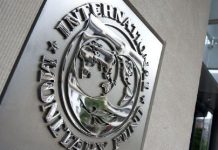- Bourhane Ghalioun, director of the Center for Arabic Studies at the Sorbonne in Paris, noted the appearance of a "corrupt elite, backed by Western countries." "His only motivation was the accumulation of wealth, while their predecessors showed a willingness to change the lives of poor people," he said.
- "In addition, leaders who cling for over 30 years in power want their offspring to succeed them. It is a provocation to the people," said the professor of political sociology of Syrian origin.
- The fall of Tunisian President Zine El Abidine Ben Ali after 23 years in power, and unprecedented challenge confronting President Hosni Mubarak is the sign of "failure of a model that combined a wild opening of the market with medieval despotism, "says he.
- The democratic index established by the Economist Intelligence Unit (EIU) in 2010 shows that "the Middle East and North Africa is the most repressive region in the world as 20 countries, 16 can be characterized as authoritarian" .
- Iraq, Lebanon, the Palestinian Authority and Israel are considered "hybrid regimes", and all the other as authoritarian governments. All Arab countries arrive in the second half of the global picture, with 167 countries.
- For Ghassan Salamé, professor of political science in Paris, if the Arab world is familiar with tyranny since decolonization, there was a calamitous evolution over the past 30 years.
- "Bourguiba and Boumedienne led an austere life and did not regard the state as their property," he says.
- The father of the independence of Tunisia, Habib Bourguiba, has governed for 30 years from 1957 and Houari Boumediene has ruled Algeria from 1965 to 1978.
- According to the expert of the Arab world, "it is from the 1970s that these regimes have begun to throw themselves in neo-liberalism to divert funds and establish corrupt governance by taking over whole sections of the economy".
- The revolt is born of the refusal to see a minority in power richer while the majority live in poverty, and confiscation of speech.
- "Arab societies were ready to explode for years, and it was by chance that the spark has occurred in Tunisia and the fire spread to Egypt," said Paul Salem, director of the Carnegie Center of Middle East based in Beirut.
- "What is remarkable about these riots is that the slogans that have forced thousands of people to act in Egypt and Tunisia are the human rights and those of citizen, social democracy and economic justice. It’s a democratic and non-ideological program," he underlines.
- While it is difficult to assess the wealth of these leaders for years have appeared dynastic republics. Bashar al-Assad replaced his father who died in 2000, Hosni Mubarak wishes to hand over power to his son Gamal, and Libyan leader Muammar Gaddafi has the same ambition.
- "These last 30 years, the only real opposition to authoritarian regimes was the Islamic movement, but in fact, movements in Egypt and Tunisia have been successful in a few weeks what the Islamic parties have failed to do for decades," says M. Salem.
- "This proves that democracy has a current resonance stronger than Islamism, Arab nationalism or leftist ideas," he said.
- Ennaharonline/ M. O.




























